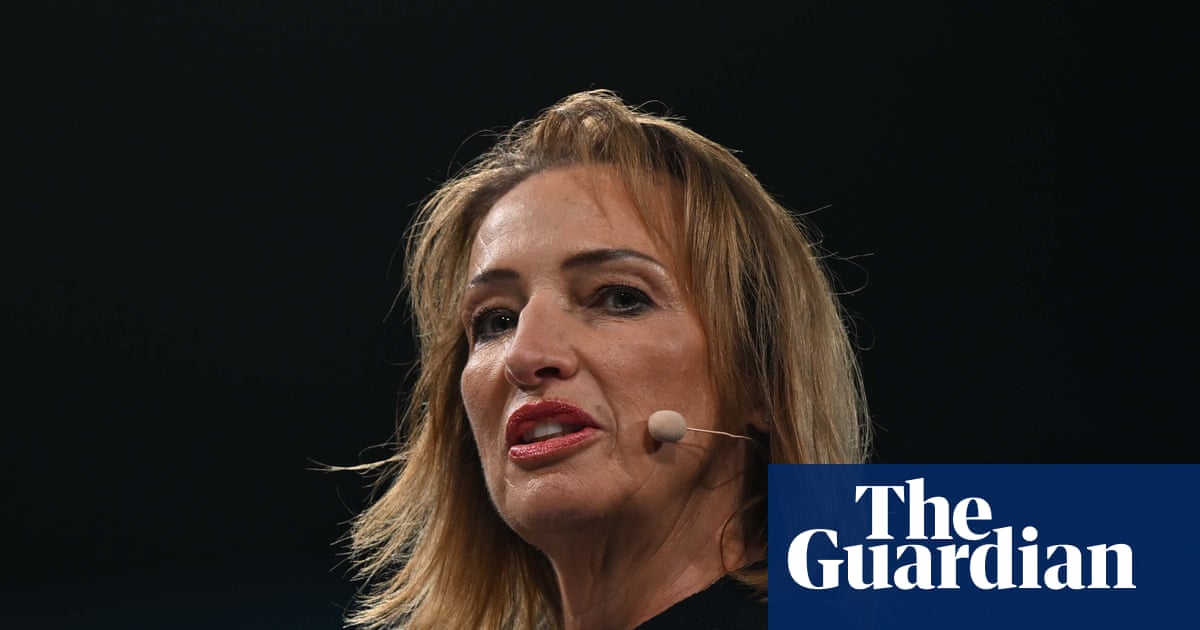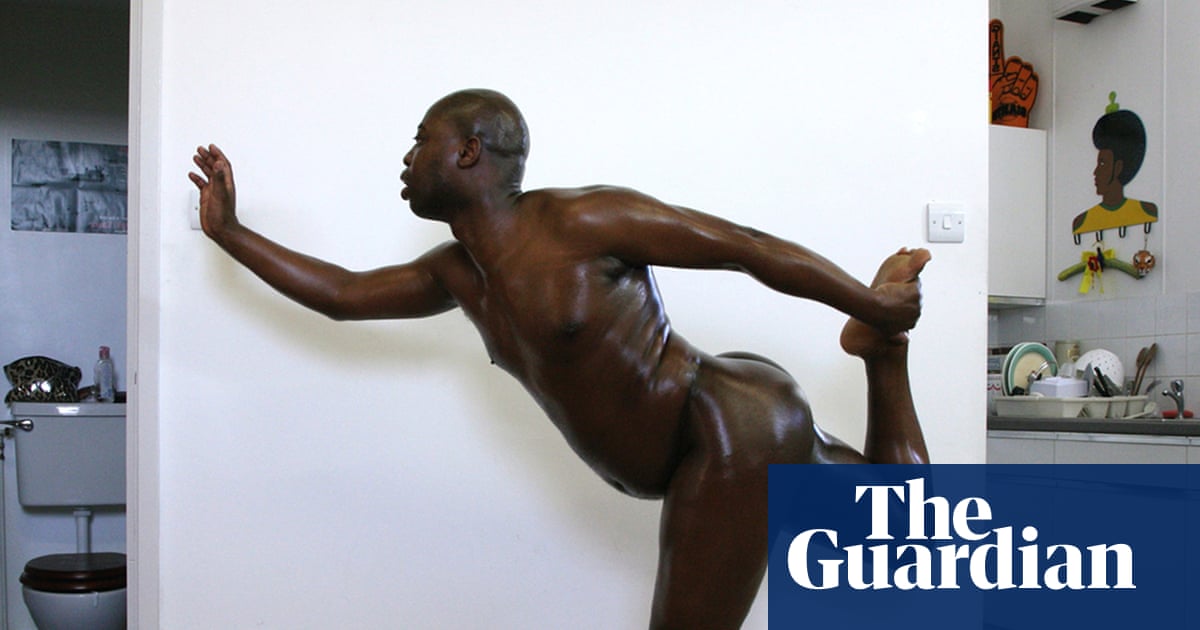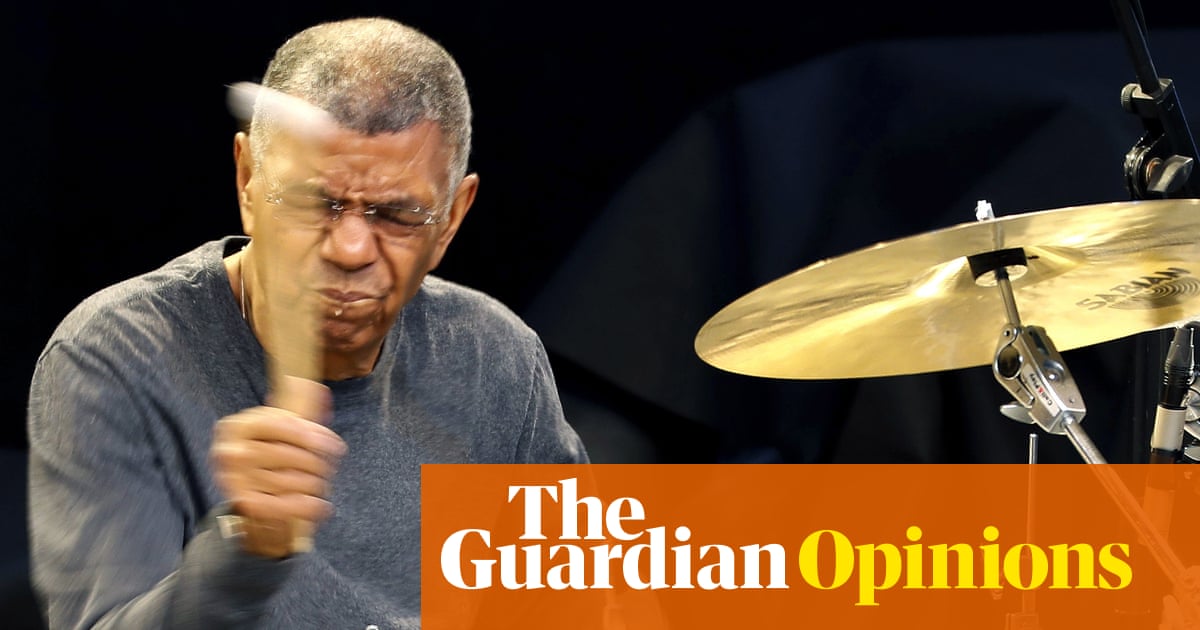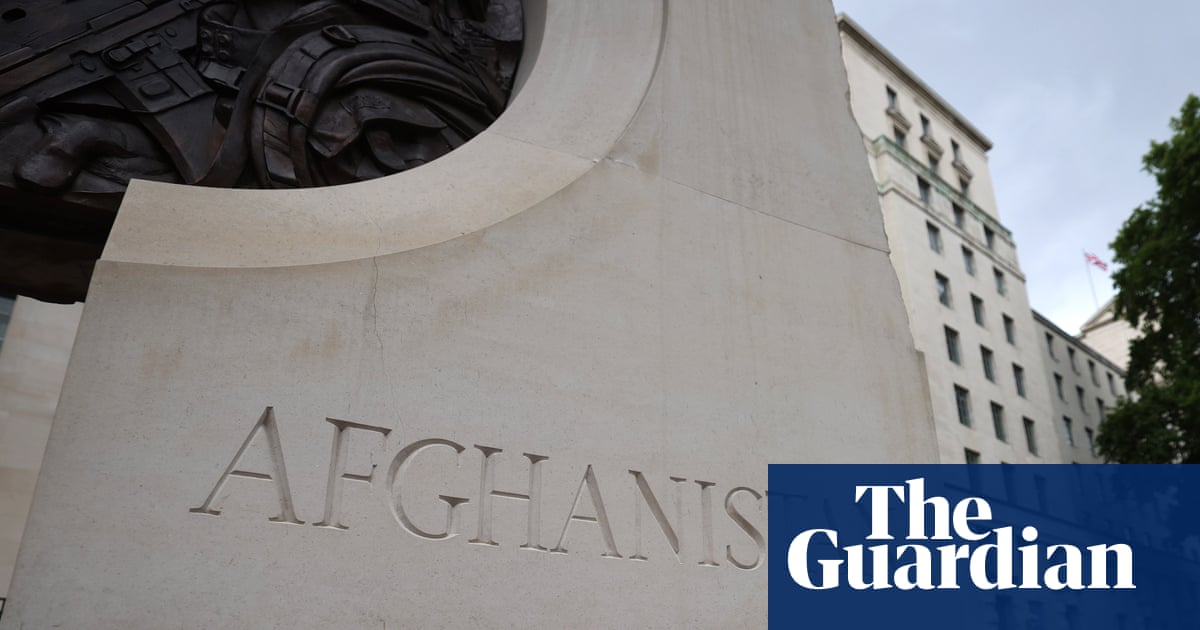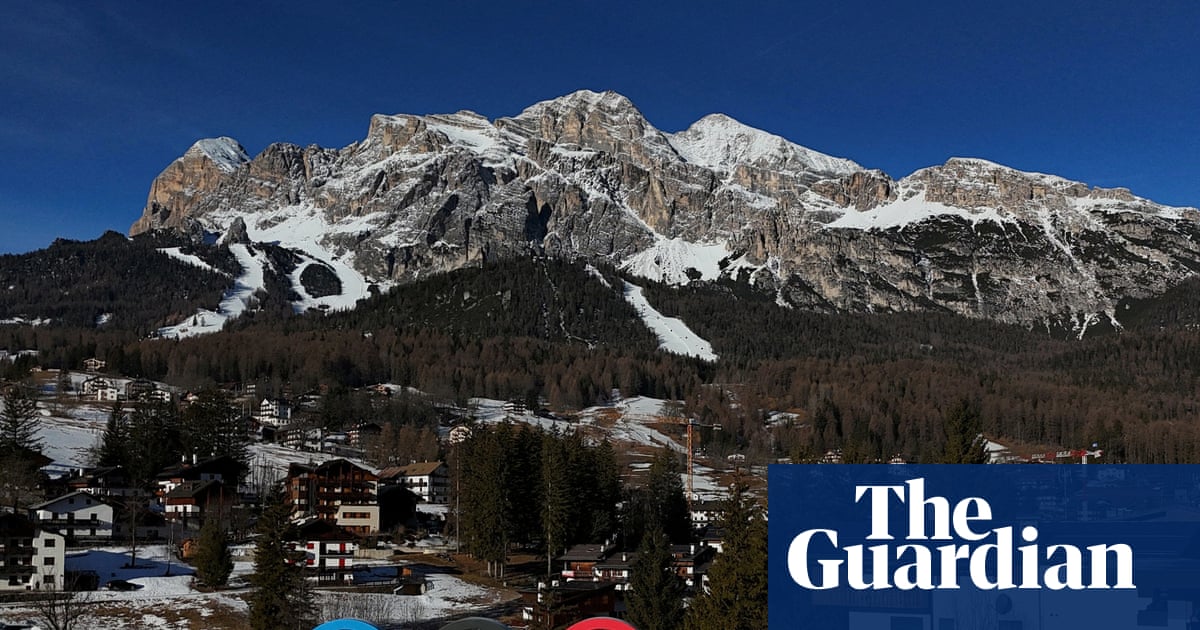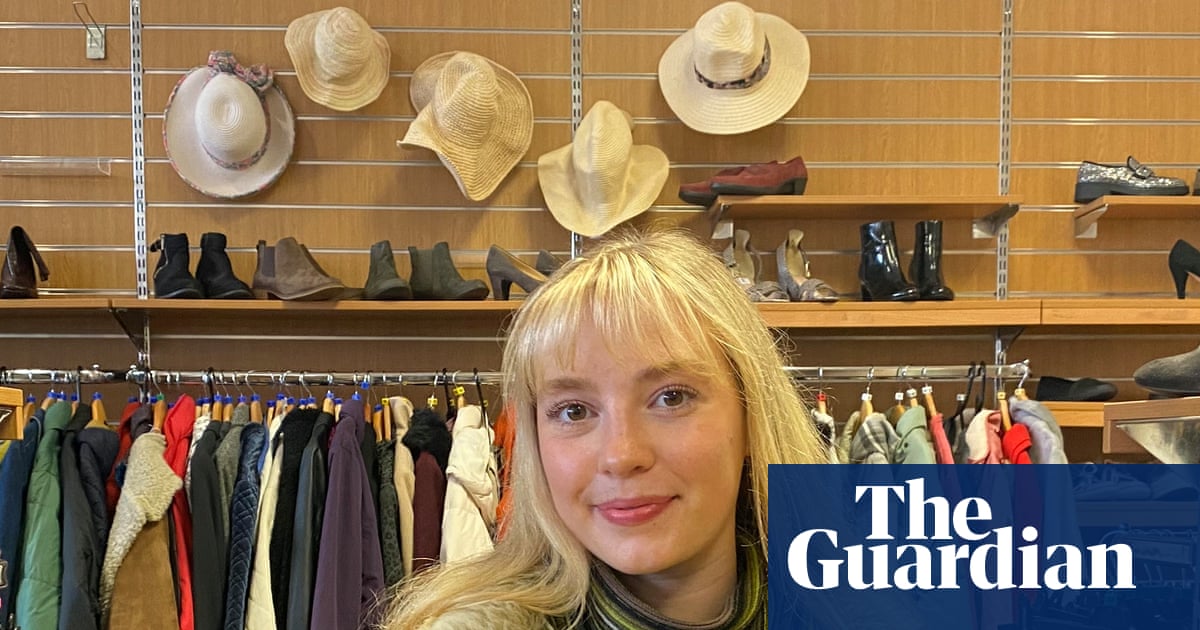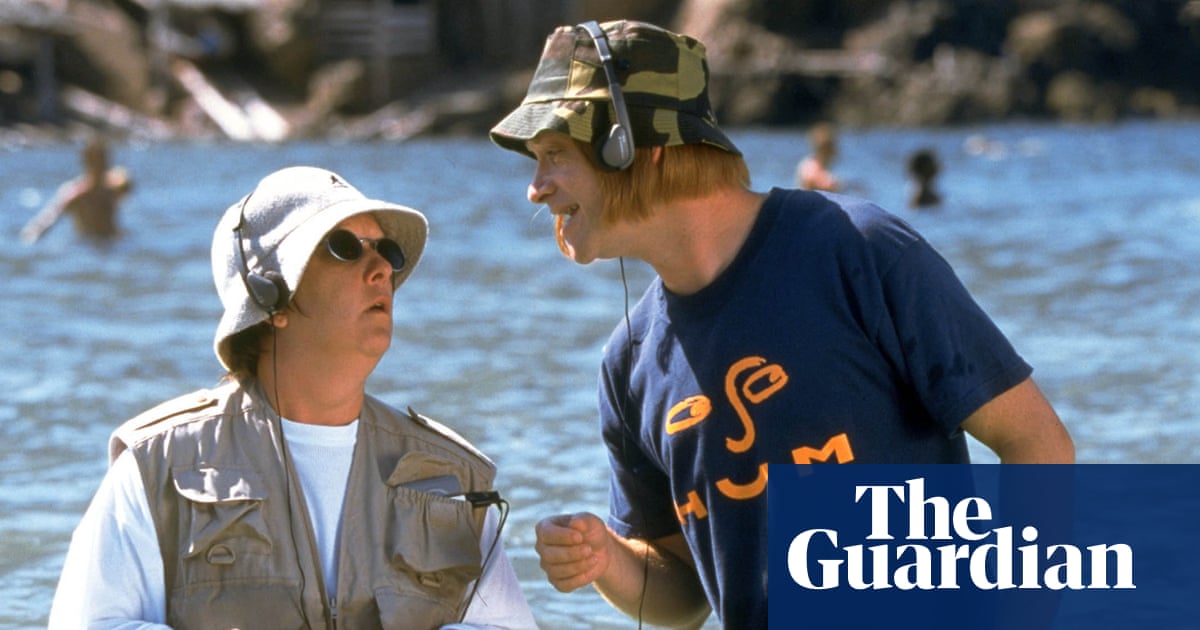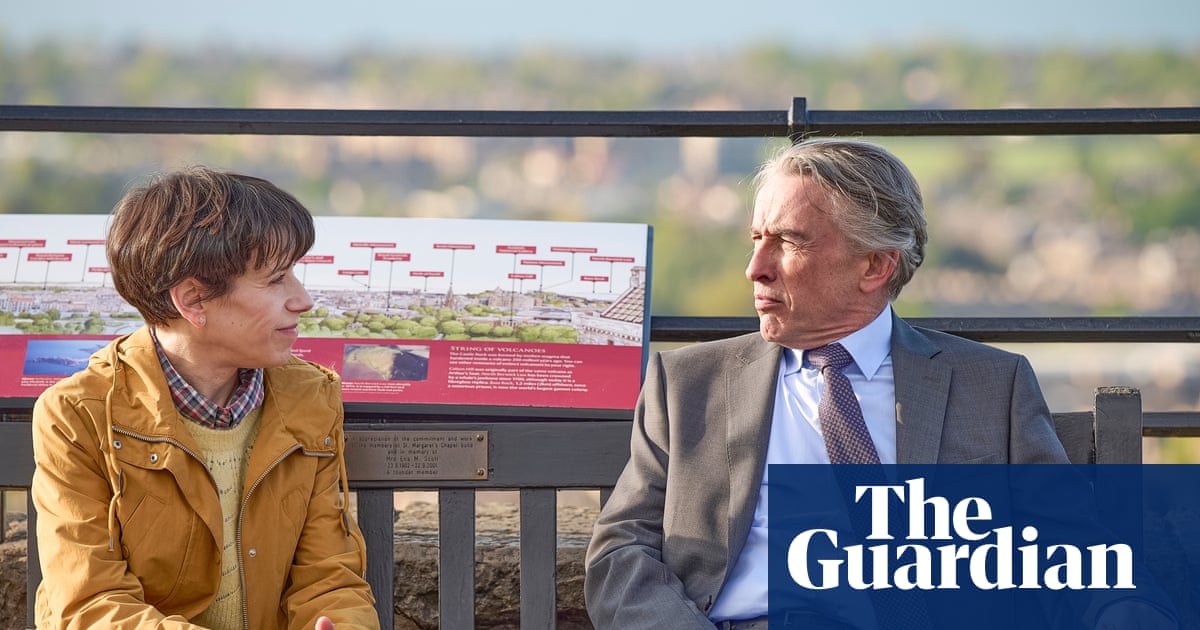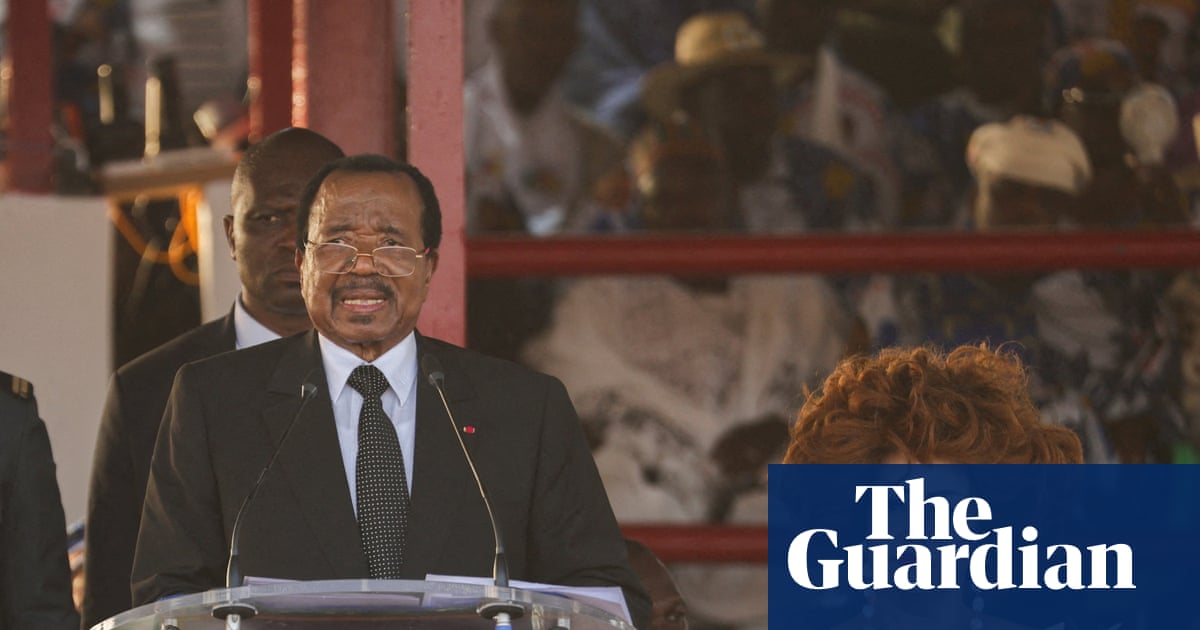As Chimamanda Ngozi Adichie took to the stage in a hall in the south-eastern Nigerian city of Enugu, dressed in a vibrant burnt orange African-print outfit, her hair styled in an elegant afro, the audience clapped and ululated in appreciation.
“It’s always a homecoming when I return to the south-east,” the novelist, who was born in the city, began. “But it no longer feels like home – the calm, the warmth, the essence seems to have faded,” she added, in an allusion to the violence associated with an armed separatist movement in the region – where 90% of people are from the Igbo ethnic group – and a recent rise in ritual killings.
Adichie was making the keynote speech at the closing ceremony of the inaugural Things Fall Apart festival, which celebrates the 67th anniversary of the release of the seminal novel by Chinua Achebe.
Organised by the Enugu-based Centre for Memories, the festival marks a significant expansion of the annual Things Fall Apart Day, now in its fifth year. Set in the fictional Igbo village of Umuofia, the book explored how colonialism and cultural misunderstandings fissured traditional African societies. It was written as a counter to Joseph Conrad’s Heart of Darkness, which portrayed Africa as a dark place.
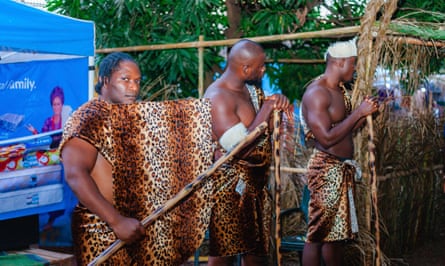
Iheanyi Igboko, the centre’s executive director, explained the festival’s significance. “Things Fall Apart is not just a book,” he said. “It is a mirror, a declaration of identity, and a provocation. It represents the Igbo worldview and African traditions – and still challenges us today.”
Adichie’s presence was part of her book tour for her new novel Dream Count – her first in over a decade – which tells the story of four women grappling with questions around love and identity.
Her speech focused on the preservation of the Igbo language, culture and identity – just as Achebe did with Things Fall Apart almost seven decades ago.
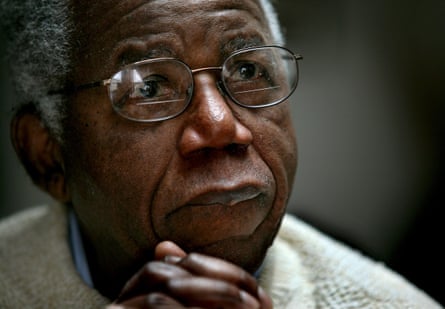
Between 1967 and 1970, a brutal civil war fought between the government and the secessionist state of Biafra killed an estimated 1 million people, mostly in the south-east.
Over the last decade, a separatist movement citing continued political and economic marginalisation in the region has turned increasingly violent. In the past four years more than 700 people have been killed either for defying the separatists’ weekly stay-at-home order every Monday or from clashes between the separatists and Nigerian security forces.
“Let us wake up,” Adichie said. “We often speak of political marginalisation. While that exists, we must pause that conversation until we have cleaned our own house. We must unite. Unity doesn’t mean the absence of differences – it is the decision to come together despite them.”
Adichie also lamented what she called a growing disregard for human life and the erosion of community values among Igbos. “Today, we hear grotesquely inhumane stories of people murdered in ritual practices for money,” she said. “It is important to note that the victims of this recent upsurge of barbarism are mostly women … In Igbo culture, nothing is more sacred than life itself [as] Things Fall Apart teaches us … we are participating in our own destruction.”
The week-long festival, which began on 29 June, brought Achebe’s fictional world to life. Highlights included a reimagined Umuofia village, theatrical performances, dramatic readings, and a stunning appearance by the Ajofia masquerade – one of the novel’s powerful symbolic figures.
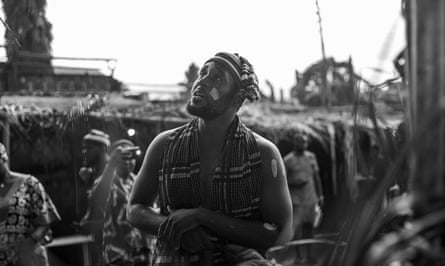
The Things Fall Apart village had depictions of a shrine, huts, a yam barn, a waterfall, and men on guard at the entrance in traditional warrior attire holding spears, as in Umuofia in the book. Visitors were given palm wine in cups made from coconut shells as the Ijele Renaissance theatre group re-enacted a playground scene where the protagonist, Okonkwo, gained fame by defeating Amalinze the Cat in a fierce wrestling bout.
James Ngwu Eze, an organiser, emphasised Enugu’s symbolic relevance to the book and the festival. “Achebe spent many productive years in the city and taught at the University of Nigeria Nsukka,” he said. “Enugu is also the cultural and political capital of Igboland and Things Fall Apart was set in the Igbo culture.”
Present in the audience were dozens of writers, artists, students, actors, and scholars including the Nollywood veteran Nkem Owoh, who featured in a 13-part screen adaptation of Things Fall Apart in 1987.
For many in attendance, especially the younger people, the festival was an awakening. Janeth Sule, a banker, described it as “a reminder to preserve culture and tell our stories”. John Tochukwu, an artist who crafted festival items such as lanterns and plates from coconut shells, said Achebe “helped us see who we are – not as people of darkness, but of dignity and tradition”.

 3 months ago
50
3 months ago
50


